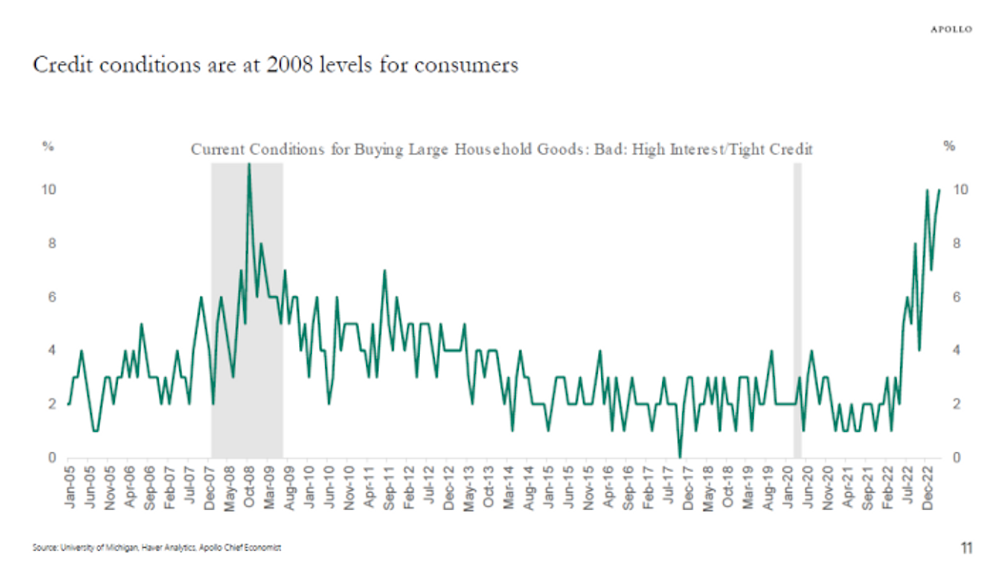WASHINGTON (MarketWatch)
President Barack Obama’s $3.6 trillion deficit reduction plan would allow the country to start reducing its debt level by 2017, the White House said Monday.
The proposal would hit “primary balance” in that year, where current spending is not longer adding to debt.
Under the White House plan, the national debt would fall to 73% of gross domestic product in 2012.
If Congress took no action to cut spending, the debt would hit 90.7% of GDP, the White House said.
The deficit would fall to 2.3% of GDP by 2021, the White House said.
Obama will deliver remarks about his debt plan later Monday morning.
Obama will send his proposal to the congressional supercommittee that is tasked with finding $1.5 trillion in deficit savings by the end of November.
Obama’s proposal included fits into what analysts called a “go big” strategy because it includes controversial entitlement “savings,” along with tax increases and less defense spending from bringing U.S. troops home from Iraq and Afghanistan.
Many Congressional Democrats had hoped Obama would not propose savings to Medicare and Medicaid.
The White House said 90% of the savings from Medicare would come from reducing overpayments.
The plan does not propose to raise the eligibility age for Medicare benefits.
The White House stressed Obama will veto any bill that “takes one dime from the Medicare benefits seniors rely on without asking the wealthiest Americans and biggest corporations to pay their fair share.”
The key for breaking Washington gridlock, analysts said, is whether Republicans will bend from their current stance opposing any revenue in the form of higher taxes.
As it now stands, if the Republicans block tax hikes, Democrats are not expected to go along with entitlement changes.
On Sunday, House Budget Committee chairman Paul Ryan said it was “constructive” that Obama included entitlement savings in his plan, but complained the savings did not go far enough.
While designed as an opening bid for debate over the deficit, Obama’s plan had a political component aimed at the next presidential election campaign in 2012.
For instance, the proposal included “five principles” for the supercommittee to consider on raising revenue, including a so-called “Buffett rule” that said millionaires should not pay a smaller share of their income in taxes than middle-class families pay.
Leading Republicans pounced on the Buffett rule.
Ryan called the proposal “class warfare” that may be good politics but is “rotten economics.”
Welcome
stock market phases theorem.
Chief Artificial Intelligence.
Academic training in Fundamental Mathematics.
IA basada en Razonamiento Humano
Billie, Founder with academic training in Fundamental Mathematics and professional experience in Large Multinationals in the Information Technology sector, having held positions in high-level management positions, maintains that it is time to reduce Unproductive Public Expenditure and help the Private Sector in everything that is possible.
Cortesía de Investing.com
Cortesía de Investing.com
Agenda Macro
Calendario económico en tiempo real proporcionado por Investing.com España.




















No hay comentarios:
Publicar un comentario